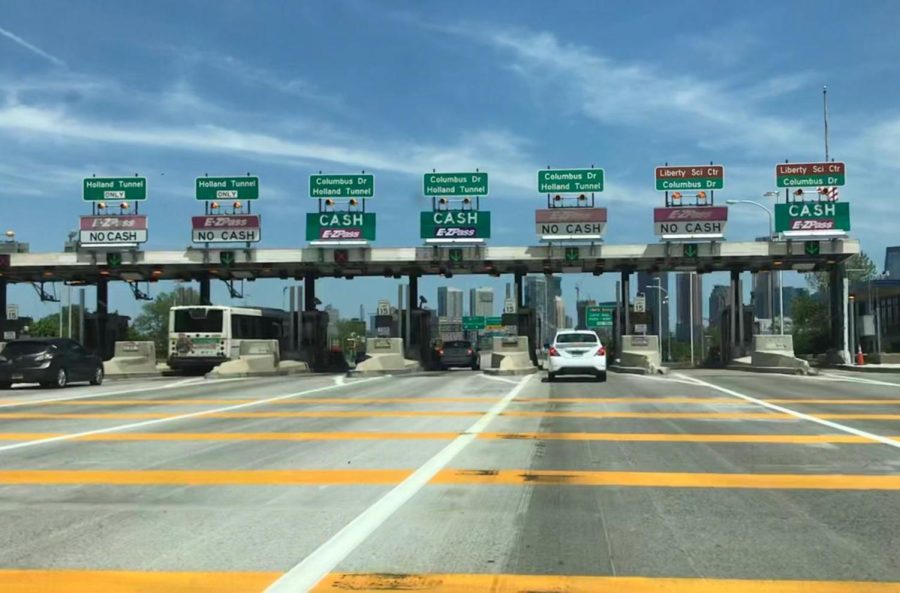New study finds that toll roads could benefit MI
Jan 30, 2023
Michigan roads and repairs have long been the subject of political and civil debates. A recent study has found that implementing toll roads in Michigan could help raise funds to make repairs to the roads.
A new study by HNTB, a Missouri-based engineering firm, found that the state of Michigan could generate $1 billion in revenue annually through the implementation of toll roads. While the findings of this study have not yet been implemented at the state level, they could materialize in the near future.
The analysis found that 14 of the 31 major highways across the state could become toll roads, most of which fall in the Grand Rapids and Detroit metropolitan areas.
Chad Frederick, an assistant professor of geography and sustainable planning, said he’s skeptical that anything like this going into place in a reasonably short time frame is “probably more likely than getting a corporate profit tax.”
“Funny how the question is never, ‘How can we reduce road usage?’” Frederick said.
In the event that the tolls are implemented across the major Michigan highways, how the installation would be funded is still in question.
“It’s important to remark that fuel taxes also disproportionately impact low-income people because fuel costs are a larger share of their income,” Frederick said. “A better question is why do we make people commute so much?”
The study from HNTB also references the ways in which charging low-income travelers with tolls can pose financial problems.
According to the study, the increase of electric vehicles can also cause more financial problems for the state because there may be fewer funds raised through typical methods like the gas tax. The study projects that by 2040 Michigan will be losing as much as $1 billion a year in the ever-diminishing fuel taxes. If the money generated from fuel tax drops significantly, toll roads may continue to seem like a beneficial option to make up for lost revenue.
While the problem may be larger than just the roads, tolls offer just one possible solution to funding solutions for infrastructure problems.
Frederick proposed looking at the issue through the lens of urban planning. He said rethinking how communities are currently structured could help determine the underlying causes of some current problems.
“There are many things to consider, but two of them are especially interesting to juxtapose,” Frederick said. “The first is that if work was more centrally located, there would be fewer automobile trips. That would not only save society infrastructure costs but also improve a surprisingly vast array of socio-economic indicators.”
Still, toll road implementation would likely not come into effect until 2028 at the earliest, according to Bridge Michigan.






















